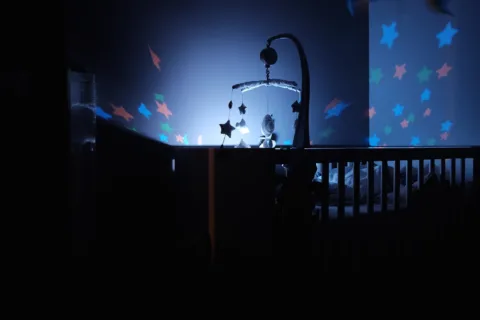As a mother of a child with autism, I know firsthand the challenges of dealing with sleep difficulties. My son has always struggled with falling and staying asleep, which has led to fatigue, difficulty concentrating, and mood swings during the day. Watching him struggle night after night has taken a toll on both of us, and I’ve often found myself feeling helpless and unsure of what to do.
I know that we are not alone in our struggle. Many parents of children with autism also face sleep difficulties, and it can be hard to know where to turn for help. But with the right information and support, it is possible to improve sleep and overall quality of life for both our children and ourselves.
In this blog post, I hope to share some of what I’ve learned about the causes of sleep difficulties in individuals with autism, as well as strategies for managing these difficulties and improving sleep. While there is no one-size-fits-all solution, I hope that by sharing our experiences and the knowledge we’ve gained, we can help other families who are facing similar challenges.
- Create a calming bedtime routine: Consistency is key when it comes to helping your child wind down and prepare for sleep. Develop a bedtime routine that includes calming activities such as a warm bath, reading a book, or listening to soft music.
- Use a weighted blanket: Weighted blankets can provide a comforting and calming sensation that may help your child fall asleep more easily. Make sure to choose a blanket that is appropriate for your child’s weight.
- Use blackout curtains: As mentioned earlier, people with autism may be more sensitive to light and darkness. Blackout curtains can help create a dark and soothing environment that promotes sleep.
- Consider a white noise machine: White noise machines can help block out distracting sounds and create a consistent, calming background noise that may help your child fall asleep more easily.
- Try aromatherapy: Certain scents, such as lavender, have been shown to promote relaxation and improve sleep. You can use essential oils, a diffuser, or scented candles to create a relaxing environment in your child’s bedroom.
- Experiment with different sleep positions: Some children with autism may have difficulty sleeping in certain positions. Try experimenting with different sleep positions, such as sleeping on their side or stomach, to find what works best for your child.
- Talk to your child’s doctor about medications: In some cases, medication may be necessary to help your child sleep. Talk to your child’s doctor about the risks and benefits of different medications and whether they may be appropriate for your child.
- Address underlying medical issues: As mentioned earlier, gastrointestinal issues and sleep apnea can both contribute to sleep difficulties in children with autism. Make sure to address any underlying medical issues that may be impacting your child’s sleep.
- Use visual aids: Some children with autism may benefit from visual aids such as a visual schedule or picture book to help them understand and prepare for bedtime.
- Allow your child to sleep abit later, instead of sleeping early and waking up in the middle of the night. Shifting my son’s bedtime one hour later allowed me to have a better sleep at night.
- Seek professional help: If your child’s sleep difficulties persist despite your best efforts, it may be time to seek professional help. Talk to your child’s doctor or a sleep specialist to develop a personalized treatment plan.









